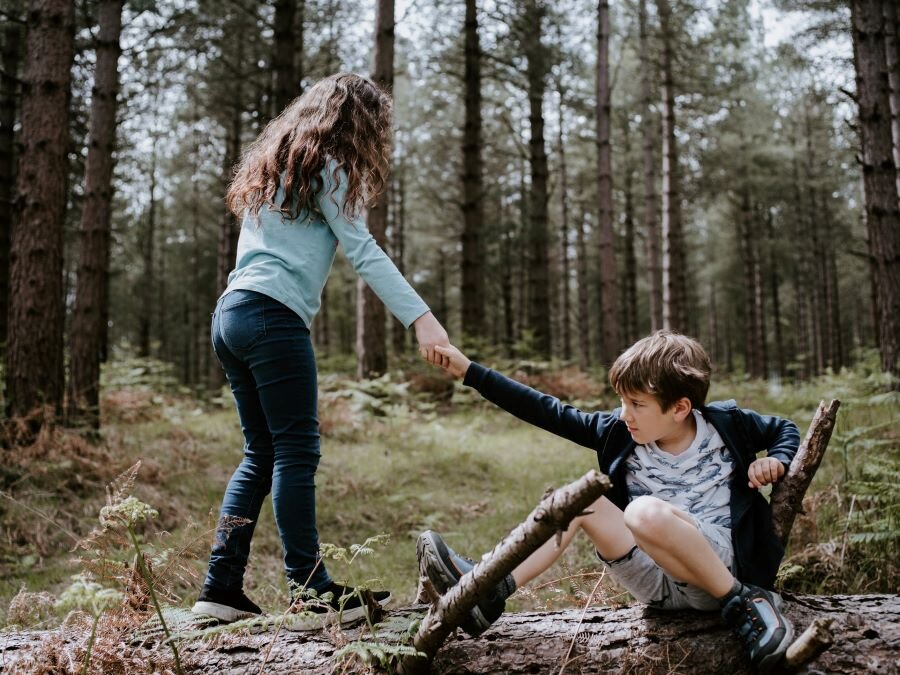Exploring Gratitude with Your Child
/Teaching your child to be grateful isn’t just about encouraging them to say thank you. It’s about helping them to look at their experiences, relationships, and belongings from a point of appreciation rather than from a deficit. As a result, they should lead a happy and fulfilled life, focussing on the positives, and maintaining an optimistic outlook. An independent school in Sussex have put together the following advice to help parents find ways to explore gratitude with their youngsters.
Credit: Unsplash.
Volunteering or helping people less fortunate is a great way to help your youngster understand how lucky they are. Encourage them to help an elderly neighbour rake or mow the garden or carry their food shopping home from the supermarket. Alternatively, you could all help out at a soup kitchen, homeless shelter, or another non-profit. After completing these activities, chat with your child about how fortunate they are that they have a roof over their head, three square meals a day and they are healthy enough to carry out everyday activities without help.
Even if you haven’t done anything to support other people, it’s still worth speaking with your child about the things they are grateful for each day, no matter how small. Lead by example and share some of your own cases, like someone giving you a lift somewhere or helping you with the household chores. Dinnertime is a great opportunity for this type of conversation because you can encourage each family member to take it in turns to vocalise their gratitude.
Credit: Unsplash.
Praise your child when they deserve it, focussing on what you appreciate about them. For instance, you can say, “Thank you for helping me with the laundry today, I really appreciate it”. Concentrate on their efforts and thank them for it, as this will encourage them to do the same to others.
You should also encourage them to show their gratitude to people outside of your family unit. At the end of the academic year, perhaps give your child some flowers to take to their teacher, along with a card saying thank you for all their support. After their birthday party, encourage them to write notes to all of their friends, thanking them for coming. These types of gestures should help your child focus on their positive relationships and be grateful for the things that people do for them.
Disclosure: This is a collaborative post.



























